Homeowners can get a rough idea about the cost of their kitchen remodelling with the help of this Worktop Cost Calculator. This general price investigation method is made using the pricing information from various kitchen companies across the UK. It is to be noted that this is only an approximate budget planner for the homeowners and the actual price shall vary depending on various factors like material, personalised requirements and the fabricator they choose to work with.
We would like to recommend you to visit our collection to select your stones and check prices before you start calculating the price for your worktop.
Price Per Square Meter
Length and Width
Total Square Meter: 0.00
Edge Type
Edge Type Reference
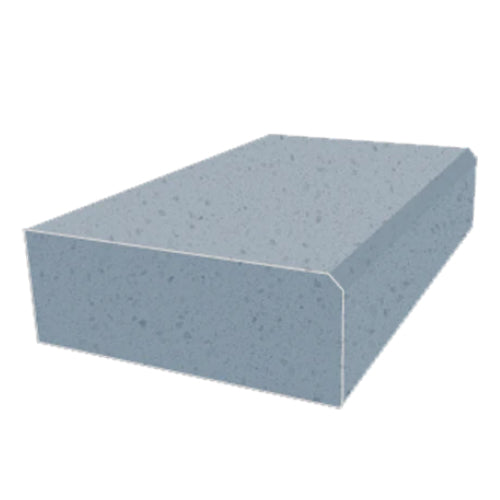 Single Arris
Single Arris
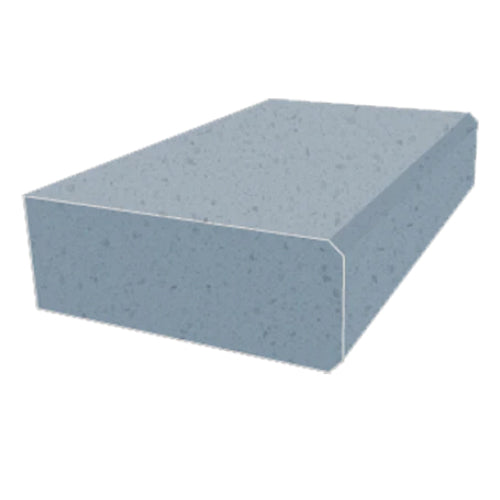 Double Arris
Double Arris
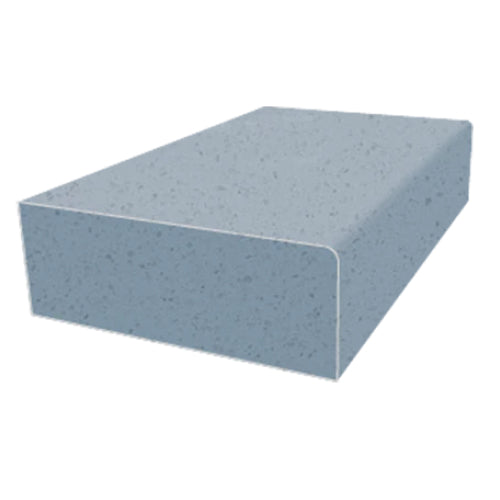 Single Radius
Single Radius
 Double Radius
Double Radius
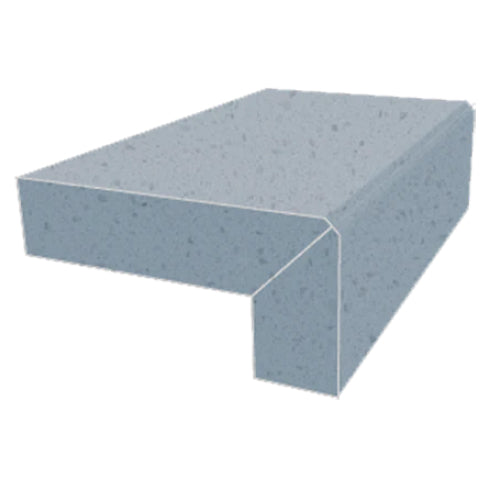 Mitred Arris
Mitred Arris
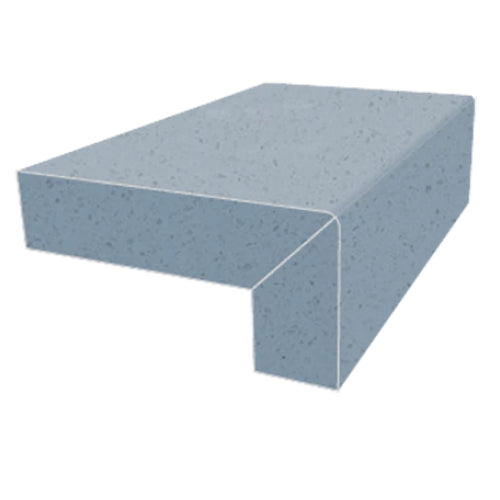 Mitred Radius
Mitred Radius
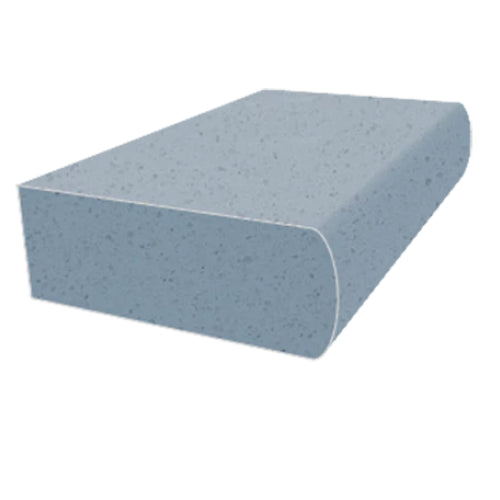 Rolled
Rolled
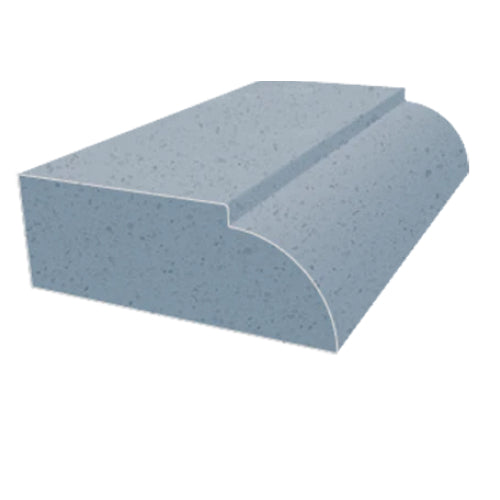 Dupont
Dupont
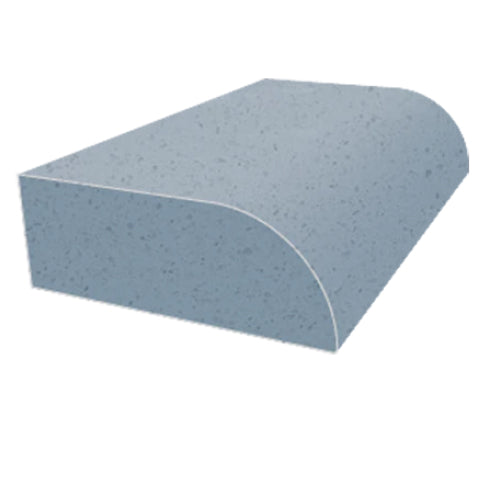 Demi Bullnose
Demi Bullnose
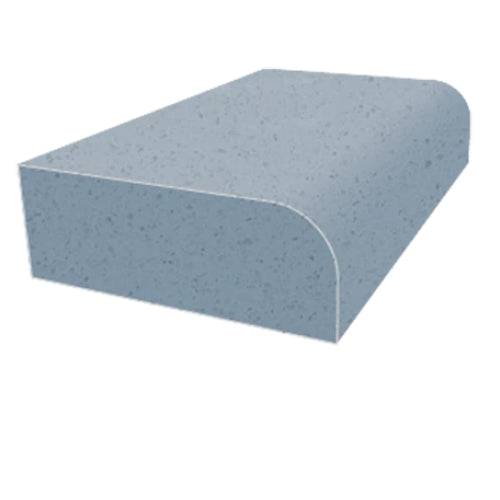 Half Bullnose
Half Bullnose
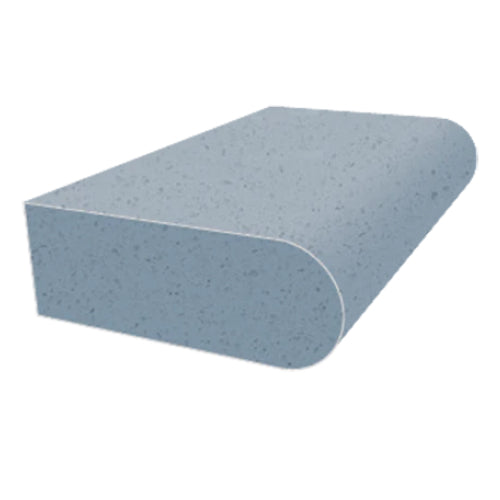 Full Bullnose
Full Bullnose
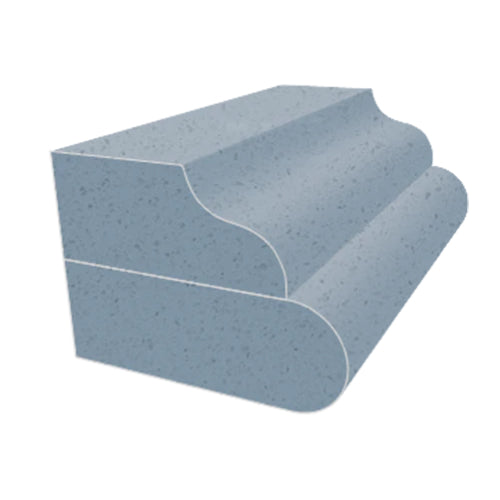 Ogee Bullnose
Ogee Bullnose
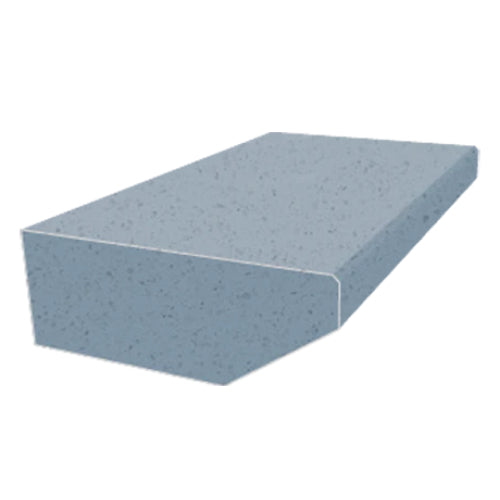 Sharknose Standard
Sharknose Standard
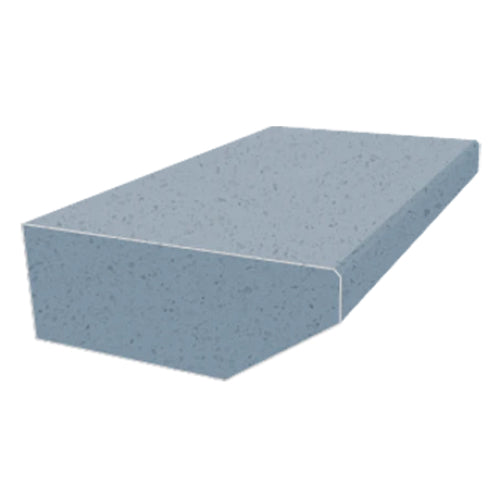 Sharknose Square
Sharknose Square
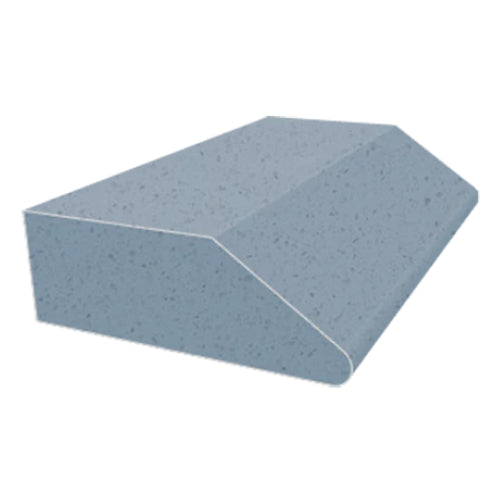 Inverted Sharknose
Inverted Sharknose
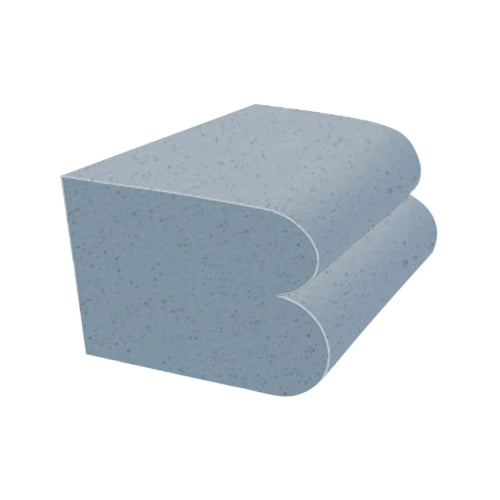 Double Full Bullnose
Double Full Bullnose
Countertop Cost: £0.00
Note:
- If you are looking for an L-shaped worktop or a peninsula kitchen please split the worktop into two or three parts accordingly to enter the dimensions.
- The price displayed by the calculator doesn’t include templating & Installation costs, therefore that shall be added when we provide the quotation(The average cost for templating between £300.00 to £550.00 and the average cost for Installation between £1200.00 to £4000.00)
Image Reference

Worktops

Island

Upstand

Splashback

Window Cills

Overhang

Waterfall Edge

Drainer Grooves

Tap Cutouts

Sink Cutouts

Hob Cutout

Curved Round Corner


